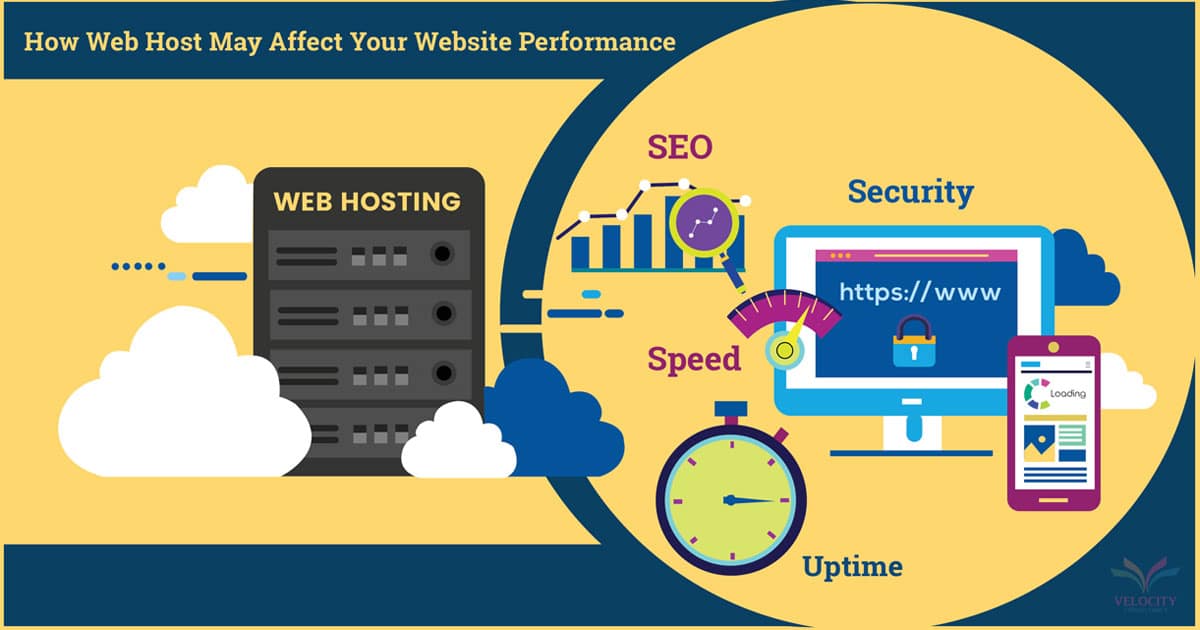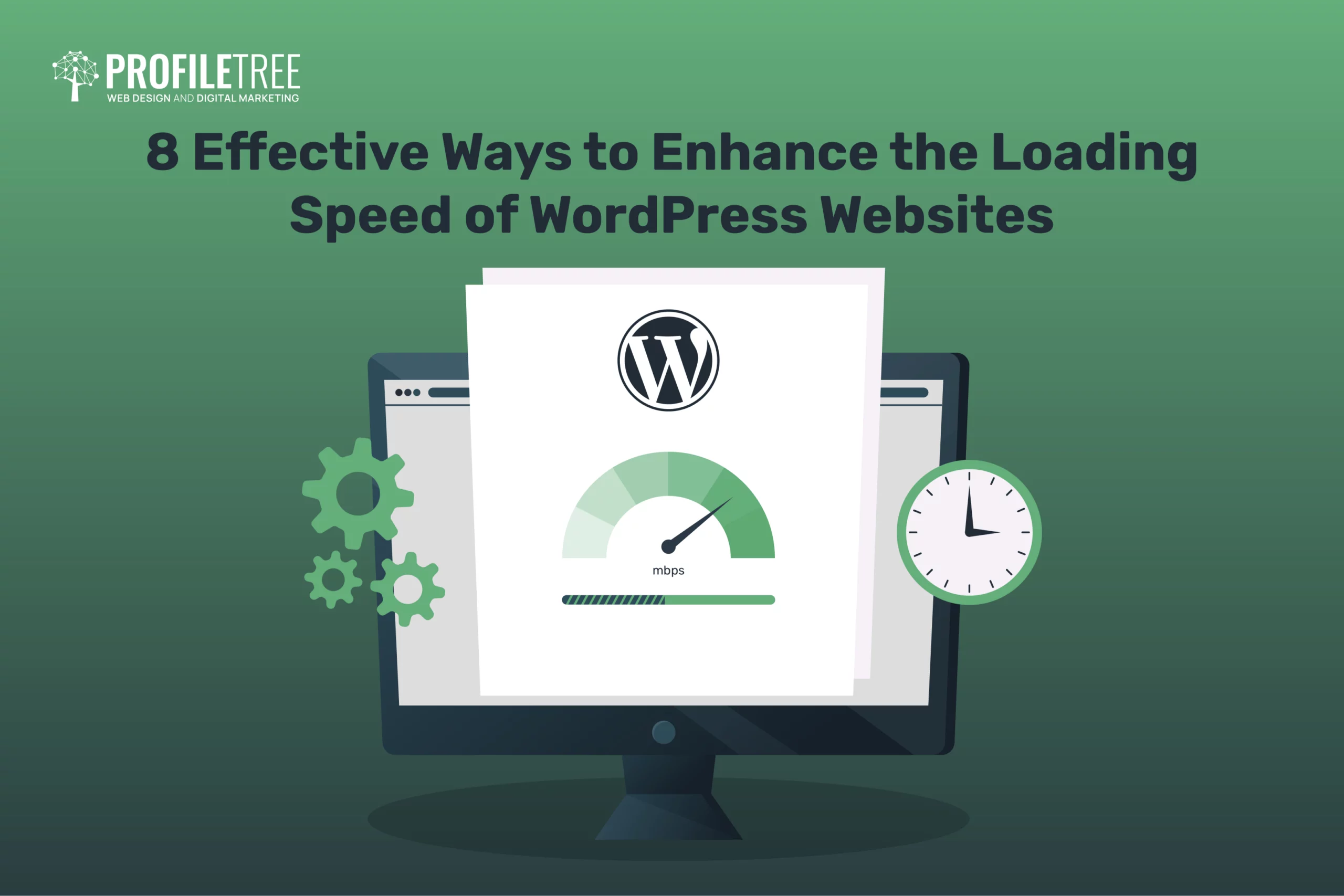Website hosting directly impacts loading speed. Fast hosting leads to quicker page loads.
Website loading speed is crucial. It affects user experience and search rankings. Slow loading times can drive visitors away. Hosting plays a significant role in this. The type of hosting you choose can speed up or slow down your site.
Shared hosting, for example, often results in slower speeds due to resource sharing. On the other hand, dedicated or VPS hosting offers better performance. Understanding how hosting affects loading speed helps make informed choices. This ensures your website remains fast, responsive, and user-friendly. So, let’s explore how different hosting options influence website performance.
Introduction To Website Hosting
Website hosting is the service that makes your website accessible on the internet. Think of it as renting space on a physical server where all your website’s data is stored. This space allows users from anywhere in the world to access your website.
Hosting plays a crucial role in website performance. If your hosting isn’t reliable, your website could become slow or even go offline. This can frustrate visitors and drive them away. Let’s dive deeper into the importance of hosting and the different types of web hosting available.
Importance Of Hosting
Good hosting ensures your website loads quickly and runs smoothly. Here are some key reasons why hosting matters:
- Speed: Faster loading times improve user experience and SEO rankings.
- Uptime: Reliable hosting minimizes downtime, keeping your site accessible 24/7.
- Security: Quality hosting includes security features that protect your site from threats.
- Support: Good hosting providers offer customer support to resolve technical issues swiftly.
Types Of Web Hosting
Different types of web hosting cater to varying needs. Choosing the right type depends on your website’s size, traffic, and technical requirements. Here are the main types:
| Type | Features | Best For |
|---|---|---|
| Shared Hosting | Multiple websites share one server | Small blogs or websites with low traffic |
| VPS Hosting | Virtual private server with dedicated resources | Growing websites needing more control |
| Dedicated Hosting | Entire server dedicated to one website | Large websites with high traffic |
| Cloud Hosting | Resources distributed across multiple servers | Websites needing scalability and reliability |

Credit: www.velocityconsultancy.com
Factors Influencing Loading Speed
Website loading speed is crucial for user experience and SEO. Various factors influence how quickly a website loads. Understanding these factors can help optimize your site and improve its performance.
Server Location
The physical location of your server impacts loading speed. Servers closer to your users reduce latency. This means the data travels a shorter distance, speeding up the loading process. Choosing a server location near your target audience can enhance user experience.
Bandwidth Allocation
Bandwidth allocation determines how much data can be transferred at once. Higher bandwidth means faster data transfer. This leads to quicker loading times. Insufficient bandwidth can cause slow load speeds, especially during high traffic. Ensure your hosting plan provides adequate bandwidth for your needs.
Shared Hosting Vs. Dedicated Hosting
Choosing the right hosting type impacts your website’s loading speed. Shared hosting and dedicated hosting are two common options. Understanding their differences helps make an informed decision.
Performance Differences
Shared hosting means your website shares server resources with others. This can lead to slower loading speeds during peak times. Other websites on the server may use up available resources, affecting your site’s performance.
Dedicated hosting provides a server just for your website. This results in faster loading speeds. Your site has full access to all resources. It doesn’t compete with other websites for bandwidth or memory.
Cost Implications
Shared hosting is cheaper. It’s a budget-friendly option for small websites or blogs. The cost is low because multiple users share the same server.
Dedicated hosting is more expensive. You pay for the entire server. This option is best for larger websites or businesses needing high performance and reliability. The higher cost comes with better speed and more control.
Impact Of Server Resources
Server resources play a crucial role in website loading speed. Adequate CPU, RAM, and bandwidth ensure faster page load times. Efficient hosting prevents slowdowns, enhancing user experience and SEO rankings.
Server resources play a critical role in website loading speed. The more powerful the server, the faster your website can load. Understanding the impact of CPU, RAM, and storage type can help you make better hosting decisions.Cpu And Ram
The CPU and RAM are the brain and memory of your server. A powerful CPU can process requests quickly. This reduces the time visitors wait for your website to load. More RAM allows the server to handle more tasks at once. This is important for websites with many visitors.Storage Type
Storage type also affects loading speed. Traditional Hard Disk Drives (HDDs) are slower. They use mechanical parts to read and write data. Solid State Drives (SSDs) are faster. They use flash memory to store data. Choosing SSDs over HDDs can significantly speed up your website. “`Role Of Content Delivery Networks (cdn)
Hosting plays a significant role in determining your website’s loading speed. One essential tool that can improve this speed is a Content Delivery Network (CDN). CDNs are a network of servers spread across different locations. They work together to deliver content to users quickly. Using a CDN can greatly impact how fast your website loads.
How Cdns Work
CDNs store copies of your website’s content on multiple servers around the globe. When a user visits your site, the CDN delivers the content from the server closest to them. This reduces the distance data has to travel. It also minimizes the load on your primary server. This process ensures faster delivery of web pages to the user.
Benefits For Loading Speed
Using a CDN has several advantages for loading speed. First, it reduces latency. This means users experience quicker page load times. Second, CDNs can handle high traffic more efficiently. They distribute the load across multiple servers. This prevents any one server from becoming overwhelmed.
CDNs also improve the reliability of your site. If one server goes down, others can take over. This ensures that your website remains accessible. Lastly, CDNs can optimize the delivery of large files. This includes images, videos, and other media. Optimized delivery leads to faster loading times.

Credit: profiletree.com
Importance Of Server Uptime
Server uptime is a critical factor for website performance. It refers to the time your server is operational and accessible to users. High server uptime means your website is available and not experiencing downtime. This availability is essential for ensuring a smooth user experience and maintaining your site’s reputation.
Downtime Effects
Downtime can have several negative effects on your website:
- Loss of Revenue: E-commerce sites can lose sales during downtime.
- Negative User Experience: Visitors may leave and never return.
- SEO Impact: Search engines may lower your ranking.
These effects highlight the importance of maintaining high server uptime. A reliable hosting provider can ensure minimal downtime.
Monitoring Tools
Monitoring tools help track server uptime and alert you to issues:
- UptimeRobot: Monitors your website every 5 minutes for free.
- Pingdom: Offers real-time monitoring and detailed reports.
- New Relic: Provides in-depth performance analytics.
Using these tools can help you quickly resolve server issues. Regular monitoring ensures your website stays accessible and performs well.
Optimizing Hosting Settings
Optimizing hosting settings is crucial for improving website loading speed. It involves fine-tuning various aspects of your hosting environment. By tweaking these settings, you can ensure faster load times and a better user experience.
Caching Mechanisms
Caching mechanisms play a significant role in speeding up your website. By storing copies of your web pages, caching reduces the time to load them.
- Browser Caching: Stores static files on the user’s device. This reduces the need to download them again.
- Server-Side Caching: Involves storing dynamic content. This is helpful for pages that change often.
- Content Delivery Network (CDN): Distributes your content across multiple servers. This ensures faster delivery based on the user’s location.
Database Optimization
Databases are the backbone of dynamic websites. Optimizing your database can significantly improve loading speed.
- Indexing: Helps the database find records faster. This reduces the time it takes to serve a query.
- Cleaning Up: Remove unnecessary data. This includes redundant records and outdated information.
- Regular Maintenance: Perform regular database maintenance. This includes tasks like defragmenting and updating statistics.
By focusing on caching mechanisms and database optimization, you can make substantial improvements to your website’s loading speed. These optimizations ensure a smoother and faster user experience.

Credit: io.bikegremlin.com
Choosing The Right Hosting Provider
Selecting the right hosting provider can significantly affect your website’s loading speed. A slow website can frustrate users and drive them away. Therefore, it is crucial to choose a hosting provider that ensures optimal performance and reliability.
Key Features To Look For
When choosing a hosting provider, consider several key features to ensure fast loading speeds.
- Server Location: Choose a provider with servers close to your target audience.
- Uptime Guarantee: Look for at least 99.9% uptime to ensure your site is always accessible.
- Bandwidth and Storage: Ensure the provider offers sufficient bandwidth and storage for your needs.
- Content Delivery Network (CDN): A good CDN can distribute your content globally, reducing load times.
- Customer Support: Reliable 24/7 support is essential for resolving any issues quickly.
Top Hosting Providers
Here are some top hosting providers known for their performance and reliability.
| Provider | Key Features |
|---|---|
| Bluehost |
|
| SiteGround |
|
| A2 Hosting |
|
Consider these providers for a reliable and fast hosting solution.
Frequently Asked Questions
How Does Hosting Impact Website Speed?
Hosting affects website speed by determining server response time and data transfer rates. High-quality hosting reduces latency and improves loading speed.
Does Server Location Influence Loading Speed?
Yes, server location influences loading speed. Proximity to the server reduces latency, enhancing website loading times for users.
Shared Hosting Vs. Dedicated Hosting: Which Is Faster?
Dedicated hosting is faster than shared hosting. It provides exclusive resources, reducing competition and improving website performance and loading speed.
Can Hosting Affect Seo Rankings?
Yes, hosting can affect SEO rankings. Faster loading speeds improve user experience and can positively impact search engine rankings.
Conclusion
Choosing the right hosting impacts your website’s loading speed significantly. Fast loading pages improve user experience. They also boost your SEO rankings. Poor hosting slows down your site, leading to higher bounce rates. Invest in reliable hosting for optimal performance.
Monitor your site’s speed regularly. Make necessary adjustments to maintain speed. A fast website keeps visitors happy and engaged. It also helps grow your online presence effectively. Don’t overlook the importance of good hosting. Your website’s success depends on it.